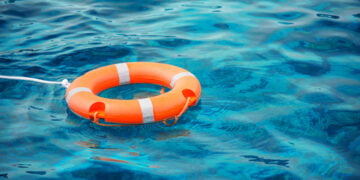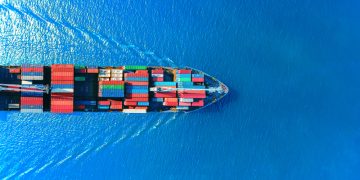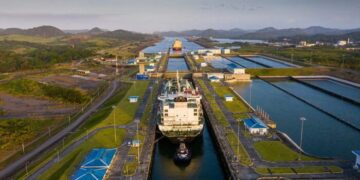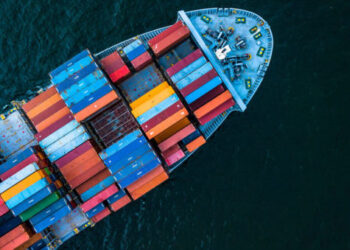As shipping seems to be transformed in every way driven by the acceleration of technology development, the sector is struggling to redefine the way it has been doing business so far. The key ship management equation for all shipowners today seems to be, not only finding the right ship and systems, but also the right people for a flawless operation to take place. Amid a constantly changing landscape, attracting new talent seems to be the key for shipping to adapt to new challenges brought by the changing landscape and maintain its efficiency.
Currently, there are three generations in shipping -as well as any other workplace:
- Generation X: Born between 1965-1980
- Generation Y (Millennials): Born between 1981-1995
- Generation Z: Born between 1996-2012
It makes sense that these generations have different approach on a number of issues, which requires a solution for harmonization for the industry to address its future and ongoing challenges. According to Allianz, by as early as 2025, as much as 75% of the global workforce could be millennials, bringing a whole new set of demands and expectations on the modern workplace. But these are the first generation to have grown up in the digital era, which means they have the digital, solution-oriented, socially active skills considered essential for future business success.
If the fundamental nature of work is changing, this is the perfect time to re-examine and re-assess traditional roles and expectations in the workforce and that means embracing diversity and equality,
…Kitack Lim, IMO Secretary General, at London International Shipping week.
What are the industry’s key challenges for the near future?
-Safety culture: One of the biggest challenges shipping has to encounter is the often-discussed issue of poor safety culture. While a car accident may occur suddenly at a crossing caused by individuals, this is not the case for shipping accidents. It is most times a chain of human errors that leads to an accident and human error is mostly considered the cause (recently reported accounting for 90% of maritime casualties). Human fails for a reason connected with his culture, state of mind and mental health, knowledge and training adherence.
-Digitalization: The increasing wave of digitalization has shaped a new future for the maritime world, which seeks to leverage the advantages of technology to address its current and future challenges. Artificial Intelligence, Augmented Reality, Virtual Reality, Internet of Things, automation, all create new reality for a traditional industry. Given the advantages presented by automation and smart technology, the biggest challenge for shipping organizations seems to be a new rather than a conventional mindset. Companies which are still stuck in their traditional way of doing things will have to change perspective in order to adopt to new reality of the digital sphere.
-Green shipping: Shipping could not stay unaffected from the ongoing discussion and greater awareness on the adverse effects of climate change globally. The 2020 sulphur cap, the IMO’s GHG strategy, the BWM requirements, the plastic pollution, and most importantly, the over-regulation accompanying all these developments, seem to redefine the shipping world requiring new way of thinking to survive.
-CSR: A sense of environmental responsibility has come along with a strong social conscience, a focus on diversity, human rights and a recognition that the shipping industry will have an impact, well beyond the financial.
What skills are required to the new landscape?
Partly driven by the above, a significant skills-gap is expected in the future, directly linked to the loss of productivity and profitability. In the changing business environment, required skills are also changing. Automation of many processes onboard require a set of skills that goes beyond what machines are capable of; non-technical skills, the so-called “soft skills”.
The World Economic Forum has identified the following top 10 skills mostly asked for 2020, which are mostly “soft skills”:
- Complex problem solving
- Critical Thinking
- Creativity
- People management
- Coordinating with others
- Emotional intelligence
- Judgement and decision-making
- Service orientation
- Negotiation
- Cognitive flexibility
It is clear that shipping is going to change in the near future in every aspect: trade, design, equipment and people who board ships. While the new developments leave us wondering as to how the shipping landscape is going to form in the next decade, the only clear challenge seems to be how shipping will attract new generations and efficiently incorporate its unique features in order to survive and evolve.































































